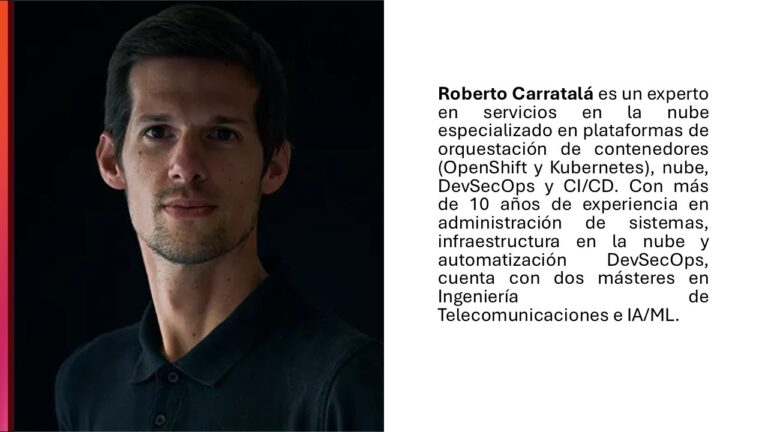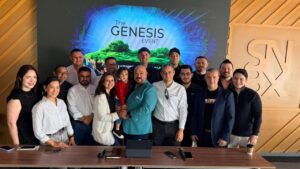Opinion Column: Roberto Carratalá, Principal AI Architect at Red Hat AI Business Unit

In a constant search by organizations to differentiate themselves in an increasingly competitive business environment, the answer is found in the intelligent automation of complex processes through Agentic AI, a qualitative leap that transcends the limitations of traditional generative AI.
While conventional language models are limited to producing reactive content based on specific instructions, Agentic AI represents a new generation of proactive systems capable of reasoning, planning, and executing complex tasks, optimizing processes to achieve results more quickly and efficiently. We can see these opportunities to generate competitive advantages through automation in multiple critical sectors of business operations, such as business processes, IT operations, and customer support.

Finally, its persistent memory system maintains relevant context and information across prolonged interactions, ensuring consistent operations and continuous learning that enhances long-term organizational effectiveness.
These capabilities also generate a fundamental transformation in the relationship between humans and technology in the workplace, transcending the traditional automation paradigm to create an ecosystem of intelligent collaboration and professional empowerment. This evolution redefines the role of AI builders or engineers, granting them unprecedented control and strategic flexibility to design, manage and optimize complex Artificial Intelligence systems that dynamically adapt to organizational needs. By freeing professionals from routine and repetitive tasks, agentic technology allows them to channel their potential towards strategic problem solving and disruptive innovation, using AI as an extensive tool that exponentially amplifies their cognitive and creative capabilities.

This new dynamic establishes a supervised collaboration where agentic systems incorporate strategic decision control points and intelligent constraints, requesting human intervention in critical moments or low-trust situations, creating a symbiosis between human judgment and computational efficiency. Simultaneously, this transformation fosters more effective collaboration between diverse roles—AI engineers, IT teams, and security specialists—through unified platforms and standardized protocols such as MCP, facilitating collaborative work in the development and operation of advanced solutions.
At its core, Agentic AI represents a technological inflection point that promises to revolutionize the way organizations conceive and execute business automation, while strategically repositioning humans as architects and strategic guides of technology, redefining the workplace landscape towards creativity, innovation and complex decision-making that requires uniquely human intuition and expertise.
You would be interested in reading more:







